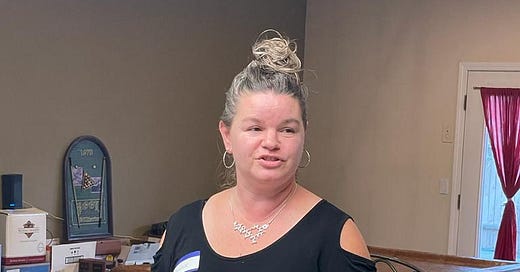The IBCLC Game Has Changed
An IBCLC returns from her first in-person lactation conference in 3 years with some thoughts
This game has changed. We have a much different - and bigger - job than we did even 10 years ago.
There’s so much today’s IBCLC needs to know how to do, especially if they are working outside of the hospital/birth experience.
Keep reading with a 7-day free trial
Subscribe to Evolve Lactation with Christine Staricka to keep reading this post and get 7 days of free access to the full post archives.



